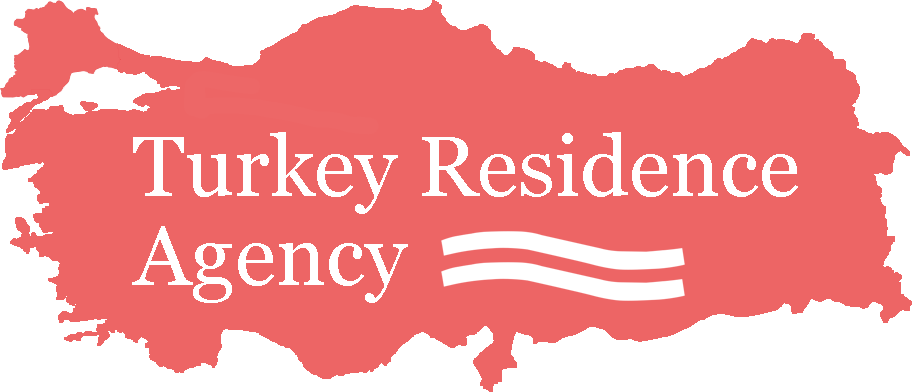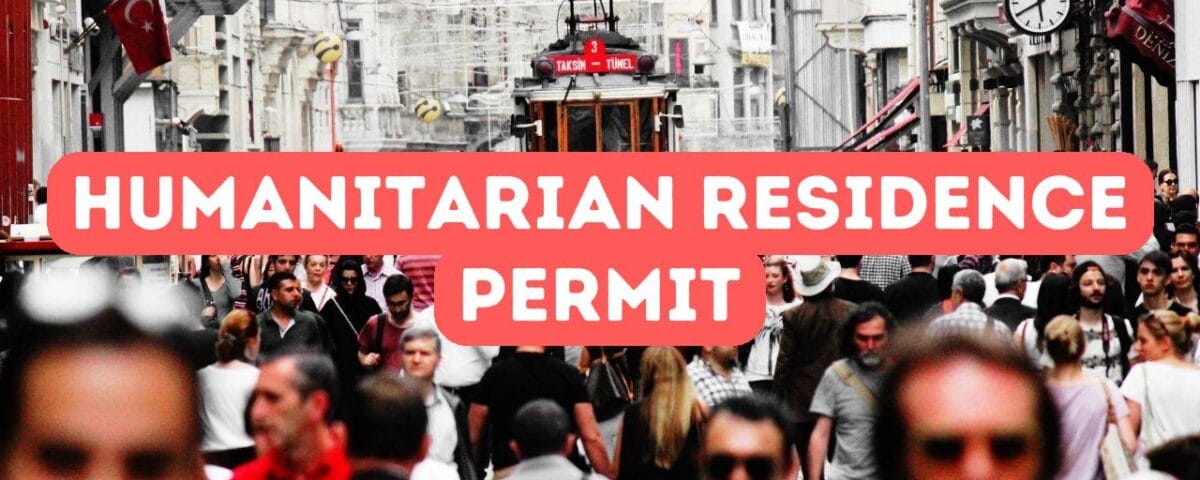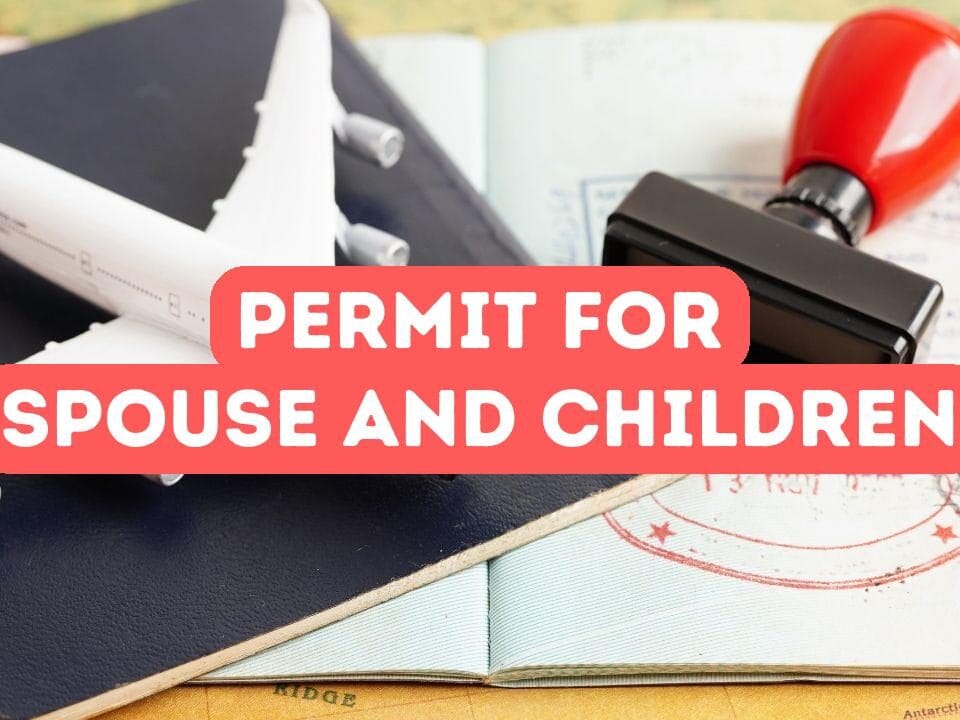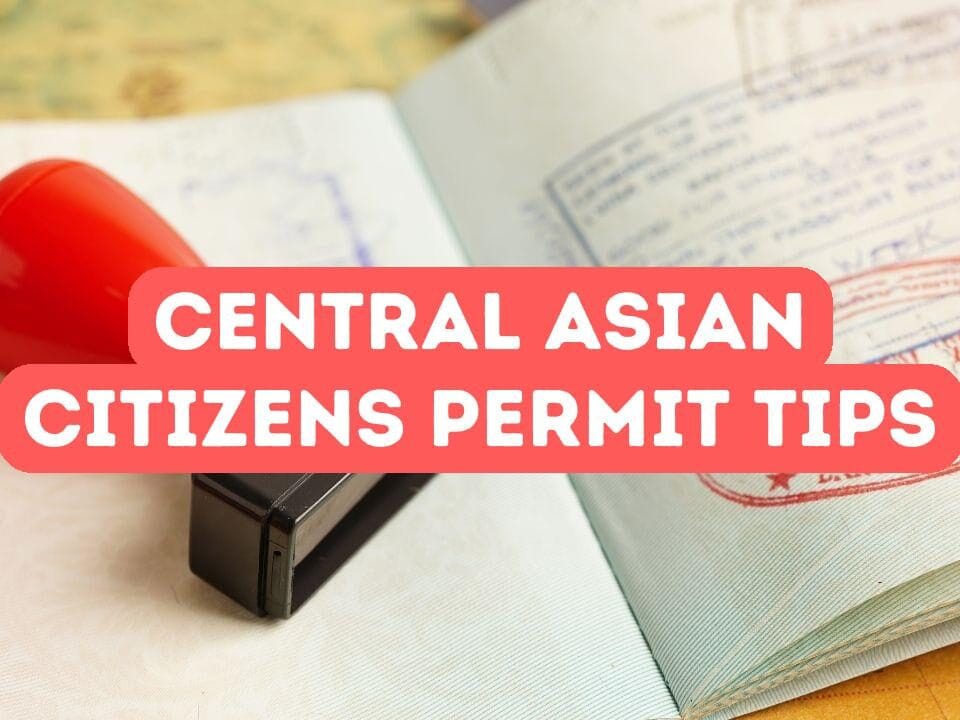Humanitarian Residence Permit in Turkey
Navigating the complexities of immigration, especially in times of crisis, can be daunting. At Turkey Residence Agency, we understand the critical need for reliable information and expert guidance. One of the lesser-known but vital options available to those facing extreme circumstances is the Humanitarian Residence Permit in Turkey. This type of permit serves as a lifeline for individuals who find themselves in precarious situations, offering legal residency and access to essential services. In this blog post, we will delve into the prerequisites, application process, and benefits of securing a Humanitarian Residence Permit, providing you with a comprehensive guide tailored to help you or your loved ones achieve the stability and security needed during challenging times.
Eligibility Criteria for Obtaining a Humanitarian Residence Permit in Turkey
To be eligible for a Humanitarian Residence Permit in Turkey, applicants must demonstrate that they are facing exceptional circumstances that require humanitarian consideration. This includes individuals who are in Turkey because they cannot return to their home countries due to ongoing conflict, natural disasters, or severe political instability. Additionally, those who have been victims of human trafficking or are at risk of serious harm if they were to return to their home countries may also qualify. It is crucial that applicants provide substantial evidence supporting their claims, including documentation and, when possible, testimonials or reports from credible organizations or authorities.
The Turkish authorities assess each application on a case-by-case basis, considering the unique circumstances surrounding each individual’s situation. Applicants must complete a detailed application form, outlining their reasons for seeking humanitarian protection in Turkey, and submit relevant documents such as a letter explaining their personal narrative, medical reports, and any other evidence that substantiates their claim. It is also important for applicants to demonstrate that they do not pose a threat to public security or public order in Turkey. The review process can be thorough and may involve interviews or additional requests for information by the immigration authorities to ensure that the claims are legitimate and warrant the issuance of a Humanitarian Residence Permit.
Applicants must also be aware that the Humanitarian Residence Permit is typically granted for a one-year period and can be renewed upon review of the individual’s circumstances. During this time, permit holders are granted access to essential services such as healthcare, education, and social assistance, which help them to stabilize their living conditions in Turkey. Renewal applications require updated documentation and a reassessment of the applicant’s ongoing need for humanitarian protection. It is beneficial for applicants to seek assistance from reliable immigration consulting services, like Turkish Council, to navigate the intricate renewal process and ensure their stay in Turkey remains legally compliant and safeguarded.
Step-by-Step Application Process for Humanitarian Residence Permits
The application process for a Humanitarian Residence Permit in Turkey begins by submitting a detailed application to the Provincial Directorate of Migration Management. First, you must fill out the online application form available on the official website, providing accurate and comprehensive information about your personal circumstances and the reasons for your request. Once the online form is submitted, you will need to arrange an appointment with your local migration office to present your documentation in person. Essential documents typically include proof of identity, a valid passport, recent photographs, and any other paperwork relevant to your specific situation. After your in-person appointment, the authorities will review your case to determine whether it meets the criteria for humanitarian grounds as defined by Turkish immigration law.
Following the submission of your application and the provision of necessary documentation, it is crucial to prepare for an interview with a migration officer. This interview serves as an opportunity for the authorities to gain a comprehensive understanding of your circumstances and the specific reasons behind your request for a Humanitarian Residence Permit. During this meeting, you may be asked to elaborate on your personal narrative, presenting any additional evidence that supports your case. It’s important to be honest and detailed in your explanations, as the officer’s assessment will play a pivotal role in the final decision. After the interview, your application will undergo a thorough review process, during which the migration authorities will cross-check your information and verify the authenticity of your documents. Although this phase can be time-consuming, clarity and completeness in your initial application can help expedite the process.
Upon successful completion of the review process, you will be notified of the decision regarding your Humanitarian Residence Permit application. If approved, you will receive a residence card, which serves as an official document granting you legal residency in Turkey for the specified period. This permit not only allows you to reside in the country but also provides access to essential services such as healthcare, education, and social support. In the event that your application is denied, you have the right to appeal the decision. The appeal process involves submitting a written request to the regional administrative court, providing additional evidence or clarifications if necessary. Consulting with experts, such as those at Turkish Council, can significantly enhance the likelihood of a successful outcome in both the initial application and any potential appeals, ensuring you receive the support and guidance needed throughout this challenging process.
Rights and Responsibilities of Humanitarian Residence Permit Holders in Turkey
Securing a Humanitarian Residence Permit in Turkey comes with a range of rights designed to protect and support individuals during their time of need. Permit holders are legally entitled to reside in Turkey, granting them access to essential services such as healthcare and education. Moreover, they can legally work in certain circumstances, helping them to integrate into society and achieve financial stability. Understanding these rights is crucial for maximizing the benefits and opportunities available, ensuring that individuals can rebuild their lives with dignity and security while complying with Turkey’s legal framework.
In addition to the fundamental rights, Humanitarian Residence Permit holders must also adhere to specific responsibilities to maintain their legal status in Turkey. They are required to report any changes in their personal circumstances to the local immigration authorities, such as changes in address, employment status, or family dynamics. Compliance with Turkish laws is mandatory, and any legal infractions can jeopardize the validity of the permit. Furthermore, permit holders must renew their residency within the stipulated time frames, ensuring that all necessary documentation is up to date. These responsibilities are in place to ensure a mutually respectful relationship between the state and the permit holders, fostering an environment of trust and security.
Humanitarian Residence Permit holders also benefit from various support mechanisms designed to facilitate their stay in Turkey. Non-governmental organizations and community groups often provide additional aid, including language courses, job placement services, and social integration programs. These resources are invaluable in helping permit holders acclimate to their new environment, enhancing their overall well-being and prospects for the future. By making use of these support systems, individuals can navigate the complexities of their new community more effectively, gaining the tools and connections needed to thrive. This collaborative approach not only aids in personal resilience but also contributes to the broader societal fabric, fostering a more inclusive and supportive community.






